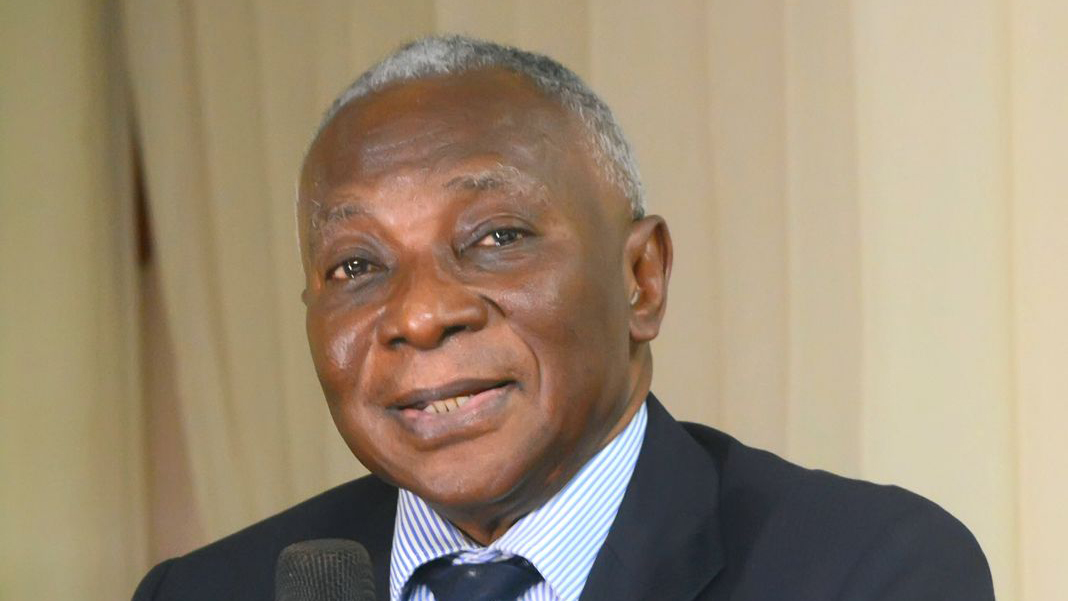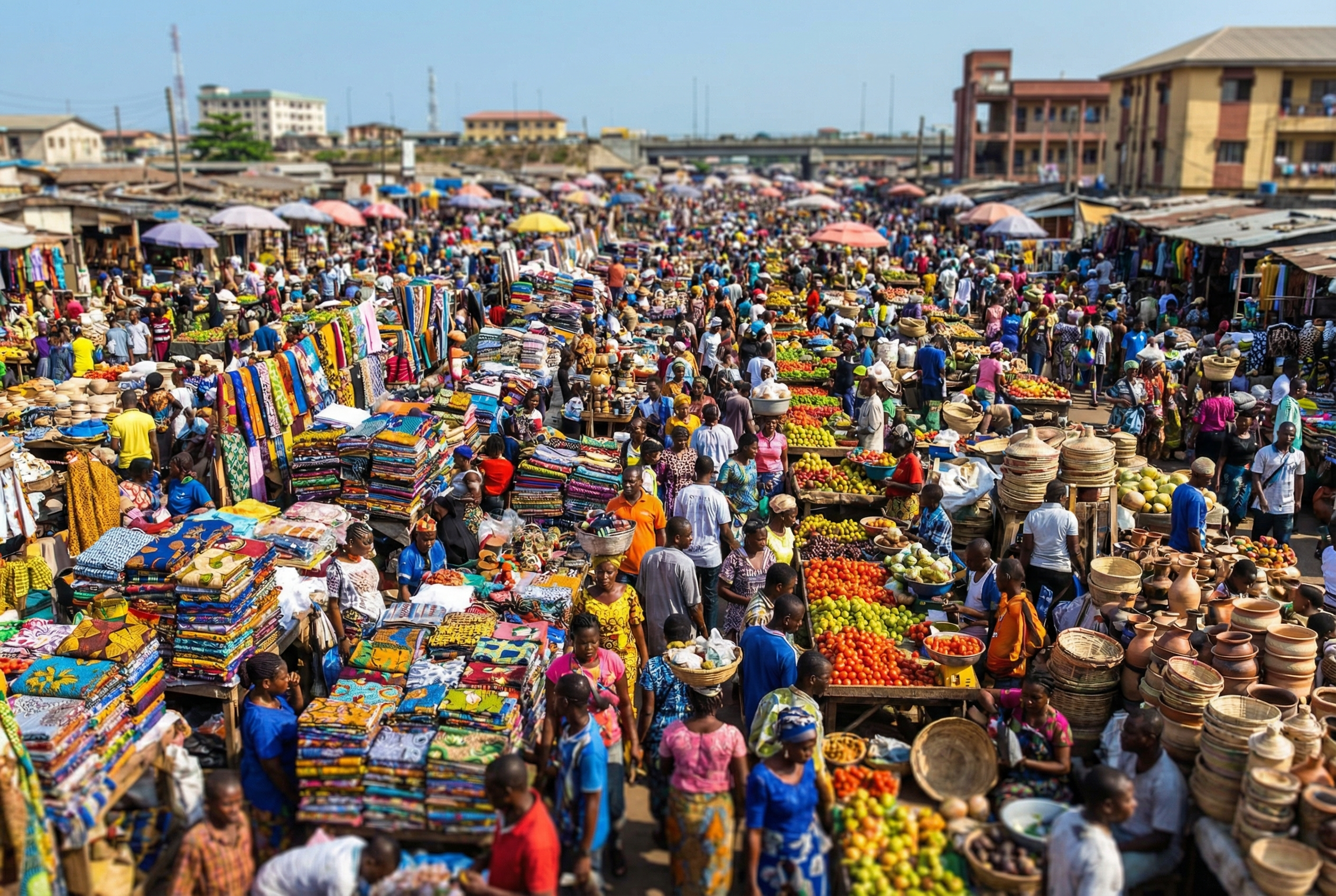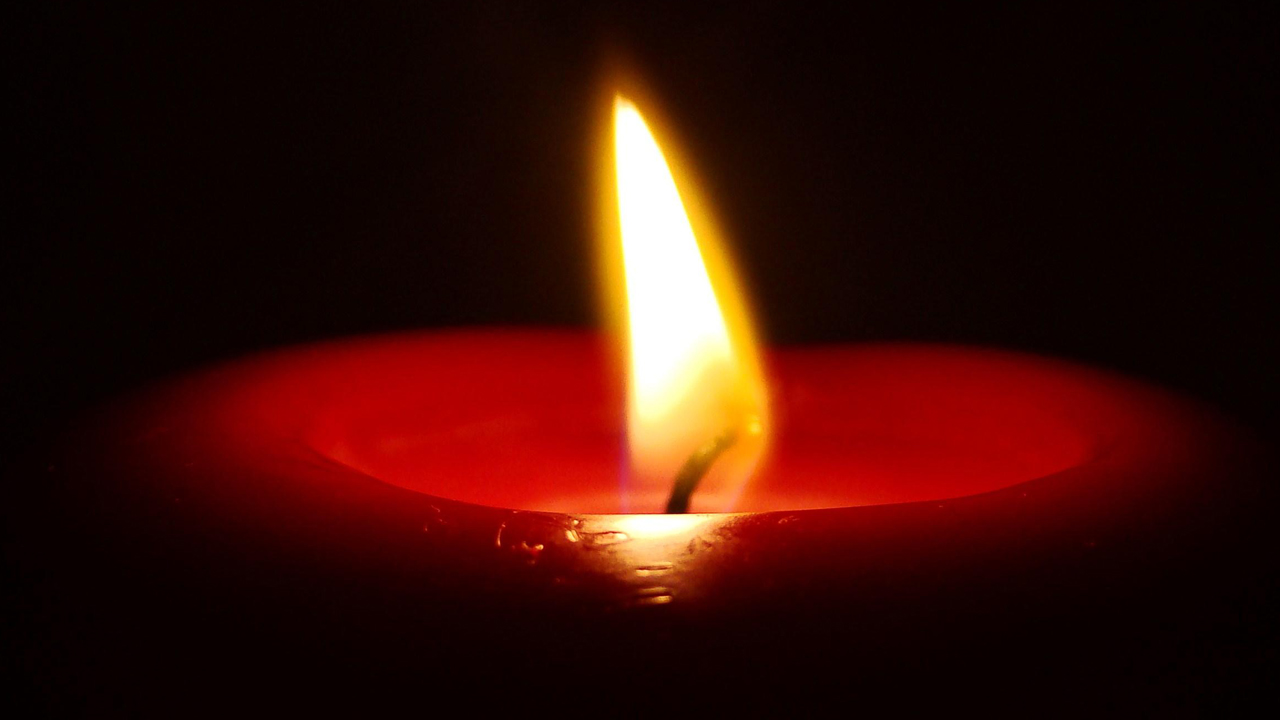
Recently, as an adjunct I taught a new generation of Nigerian students of history the theme: Sources of History. It was indeed an exciting learning curve both for them and I. I showed a hard copy (scanned copy) of the first Indigenous newspaper in Africa – Iwe Irohin Fun Awon Egba ati Yoruba to the students when I was teaching on newspapers as sources of history. I was flabbergasted when one of the students pointed to the fact that Iwe Irohin or its author or publisher labelled the Egbas as different from the Yorubas. This further led to more questions about the history, myths, legend and traditions of the Yoruba people.
The other day, Fani Kayode bursted the Twitter space with its salvo that he’s not Yoruba but a son of Oduduwa. This had attracted reactions and counter reactions. I opine that the bone of contention is not the group of people referred to as Yoruba. The argument is on the name Yoruba, its origin, it’s originator, the meaning and its affects particularly in this current socio-political milieu.
Identity crisis one may say. Does Yoruba as a word has its root in any of the dialects spoken by any of the Oduduwa’s sons or grandsons or by any group that falls within the Yoruba category? Reportedly, chief ElebuIbon, the renown Ifa priest has declared that the word is never mentioned in any Ifa verse. I am still searching for any other claim.
Extant records had reiterated that the word “Yoruba” was first recorded in reference to the Oyo Empire in a treatise written by the 16th century Songhai scholar Ahmed Baba. It was said that it was later popularized by Hausa usage and treatises written in Arabic and Ajami during the 19th century. In all of these, Yoruba was used to refer to Oyo exclusively. (Ref: Sultan Mohammed Bello’s Treatise). Michael Ajayi Crowther and the likes proliferated and frenzied the notion of referring to the people of southwestern Nigeria as Yoruba. Arguably, this had political undertone, partly because they tended to promote the supremacy of Oyo town, who they claimed as their origin. Without mincing words, this ideation aligned with the morbid and sordid interests of the colonial master. Whereas, historians and other scholars will agree that the general acceptability and usability of the Yoruba categorisation of the people of southwestern Nigeria is arguably a late 19th and early 20th century phenomenon.
Perhaps, this was also partly a colonial imposition to facilitate colonial rule and was partly accepted by the people themselves because this also helped to promote collectivism among the people. However, pre-colonial histories of different stocks of the people of southwestern Nigeria showed that they didn’t at a time consider themselves as Yoruba collectively. This, in spite of external usage of the identity for them. For example, at a time in history (particularly during the Yoruba Civil War), the Ijeshas, the Ekitis and other people of Yoruba eastern countryside didn’t consider themselves as Yoruba. They too referred to Oyo people exclusively as Yoruba. The Egbas too did in the mid 19th century consider themselves as the Egbas, not Yoruba. A reference is why was the first and foremost newspaper (Iwe Irohin) titled “Iwe Irohin Fun Awon Egba ati Yoruba”? By interpretation, the Egbas were distinguished here from the Yorubas. I agree on the plausibility of other interpretations.
But what’s the much ado about this Yoruba label for the people of southwestern Nigeria? What is in a name? Whereas, the Ashanti were code named by the French. The Tuareg were named by the Arabs. The Fulani and Hausa were named by outsiders. Suffice to mention here that other groups of people of the world are also cut up in this carnage of external labelling or categorisation or name giving. Britain, France, Germany and Italy as names had external roots. The people themselves didn’t give these names. Just like Yoruba, outsiders or external factors or forces directly or indirectly or subtly imposed these names on these countries and the people. The French saw/see themselves as the Gauls but later accepted the usage of France (Francais). The case of the Italians has commonalities with the Yorubas. Until it’s unification, the Italians with their different dialects just like the Yorubas didn’t consider themselves as Italians or one people. But the need for Unification within the urgency of becoming independent from external suzerainty foisted on them their externally imposed category.
By and large, we can’t just flog aside the import of names particularly within the realms of Yoruba’s cosmogony. Ile la wo, ka to so’mo loruko…… Oruko omo, lo n ro omo (apologies to non-Yorubas). The Yorubas believe that there’s more to one’s name. Name can be a label or stigma. In all it’s Yoruba name for the sons and daughters of Oduduwa is an exonym but has become an endonym. Significantly, the name Yoruba has been accepted and had been in use for years. Whereas, amidst the convoluted matrix of cacophony of myths, legends and theories of migrations about their origin, the Yoruba speaking people are acclaimed to be sons and daughters of Oduduwa.






